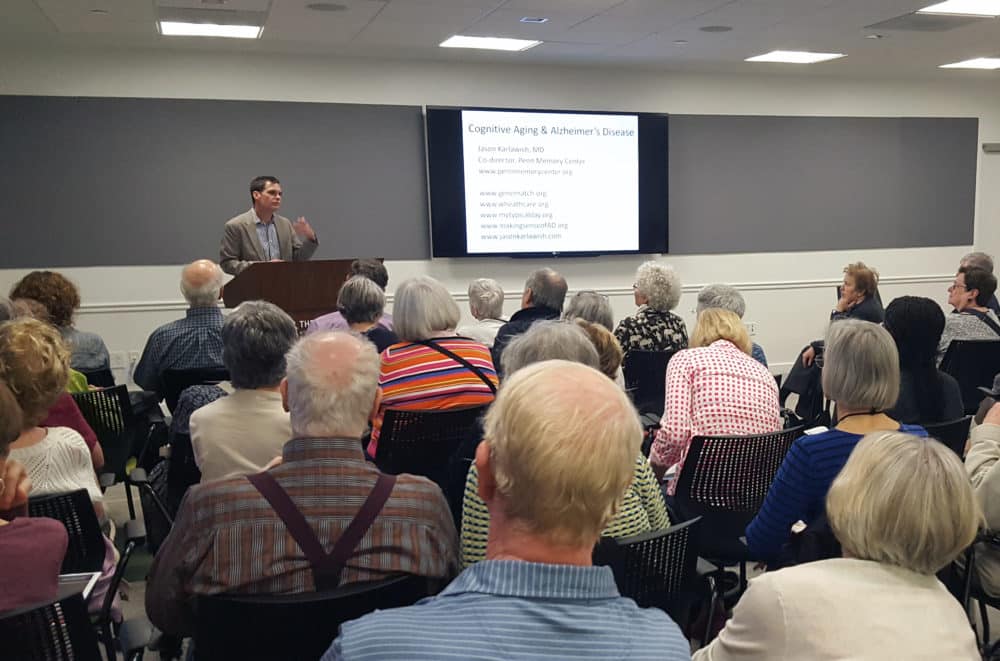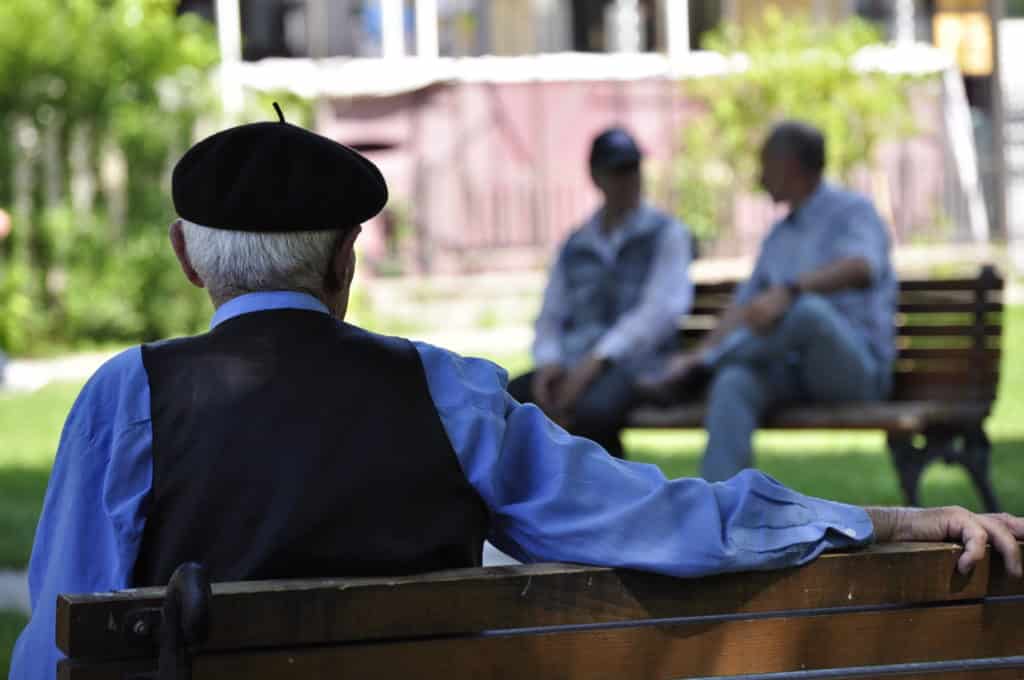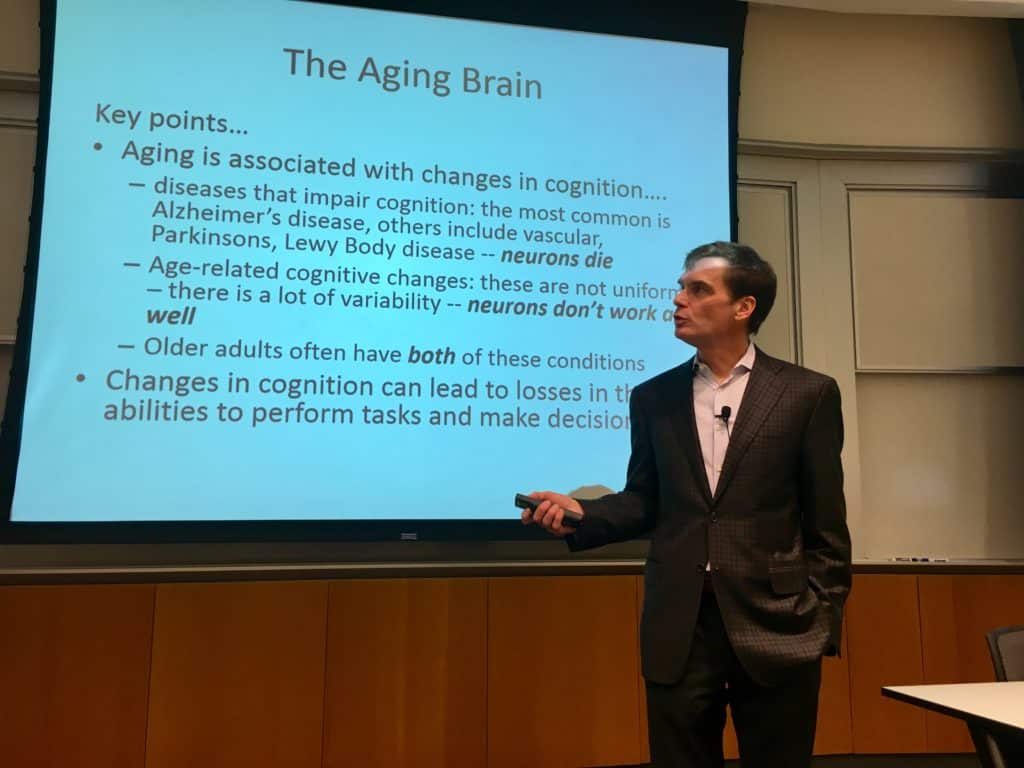Visitors to this month’s Memory Café were treated to a unique performance by singer/songwriter Umer Piracha.
Piracha’s music is a multilingual blend of Pakistani-folk-inspired songs, performed alongside more traditionally Western tracks. A Pakistani native and a longtime resident of Philadelphia, Piracha infuses his performances with conversation and storytelling to lead his audiences through various musical influences and traditions.









